


An increase in physical activity between the ages of 45 and 65 could help prevent Alzheimer's disease, while inactivity may be detrimental to brain health.
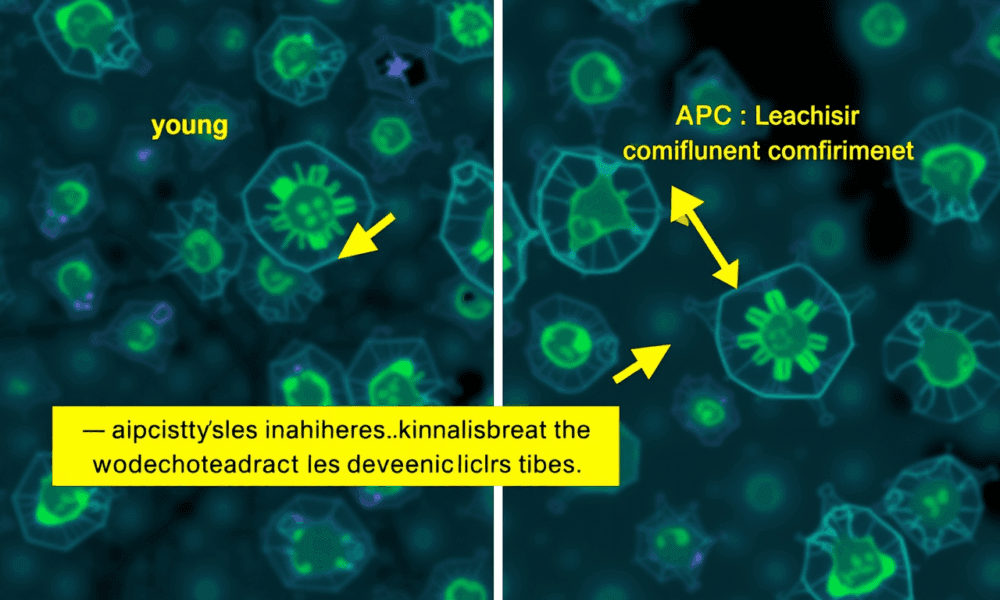
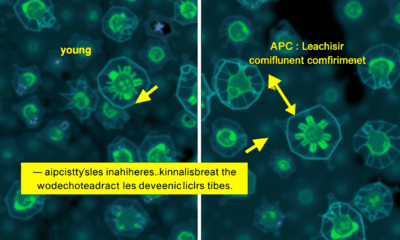

It's no secret that our waistlines often expand in middle-age, but the problem isn't strictly cosmetic. Belly fat accelerates aging and slows down metabolism, increasing our...
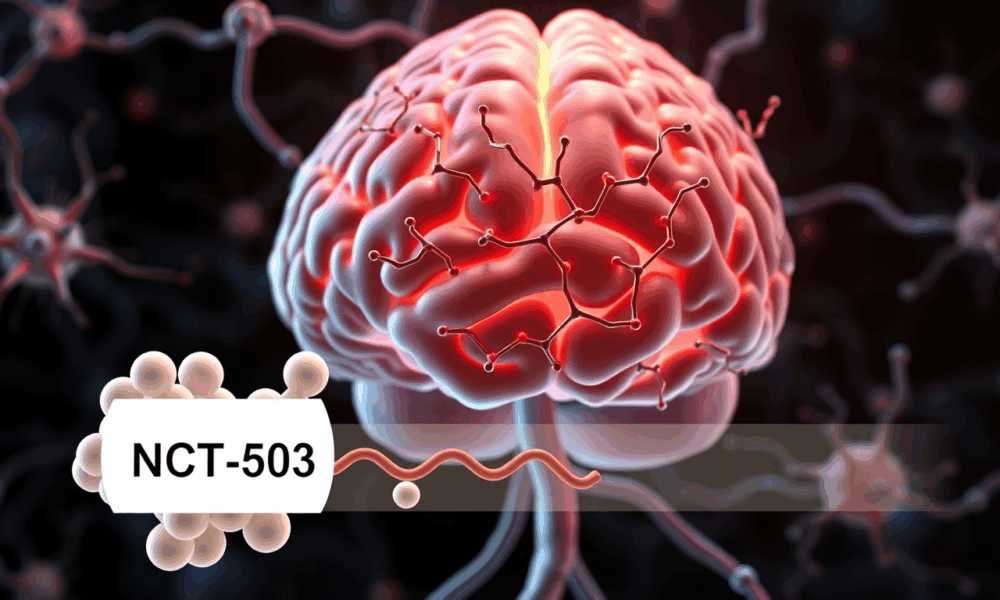
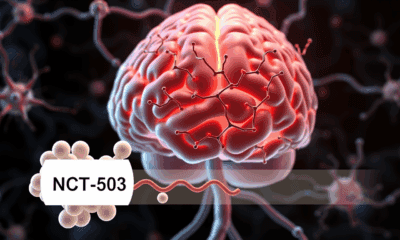

A new study found that a gene recently recognized as a biomarker for Alzheimer's disease is actually a cause of it, due to its previously unknown...



Researchers have called for more advice to be given to young people about preventing dry eye disease, after a study found that 90% of participants had...



Having a larger waistline, high blood pressure and other risk factors that make up metabolic syndrome is associated with an increased risk of young-onset dementia, according...
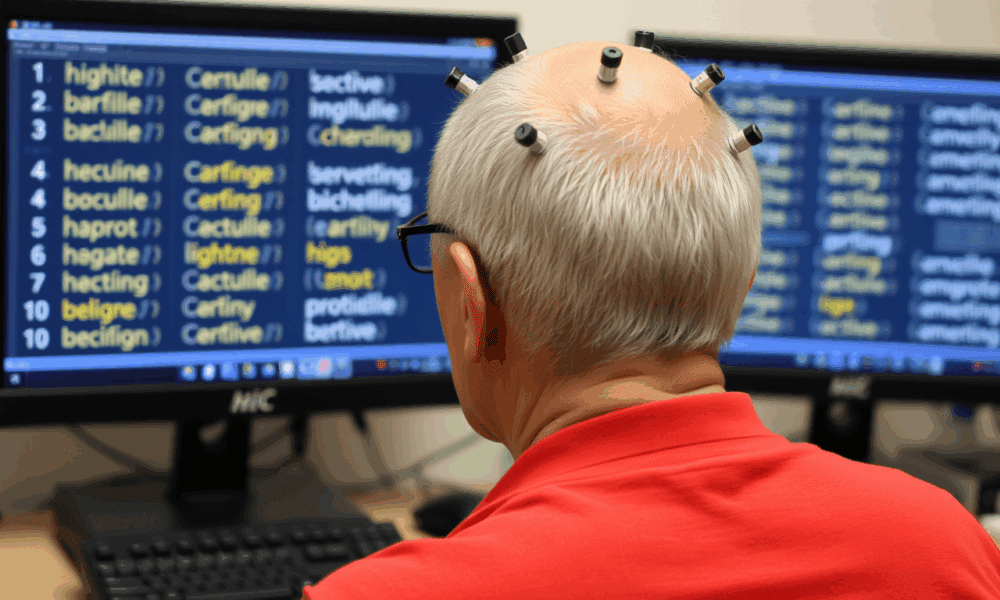
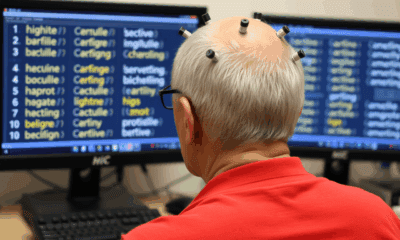

Neuroscientists have developed a new treatment approach for a language disorder that combines traditional speech therapy with noninvasive electrical stimulation of the brain. Brain stimulation helped...



Affectionate mothering in childhood may have a lasting impact on important personality traits, potentially influencing life outcomes such as educational achievement, economic success, and health and...



Why does dementia affect more women than men? To help solve this mystery, researchers uncovered a new risk factor: age of menopause onset.



Researchers report an association between urinary incontinence and cardiovascular disease risk in women. The researcher recommend women should be checked regularly for urinary incontinence.
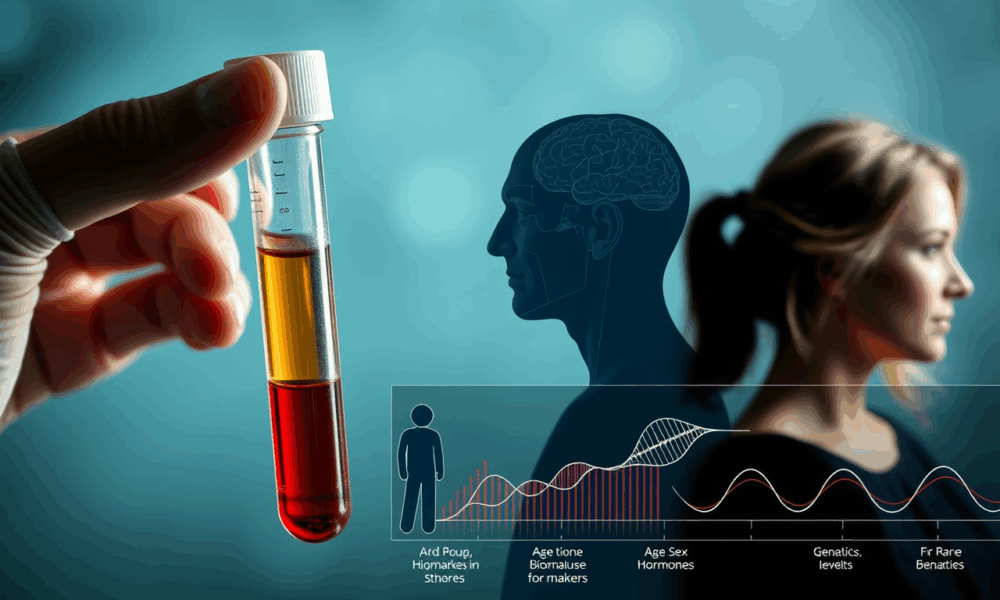
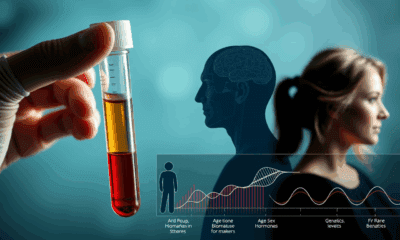

A new study has found important clues about the roles age, sex, hormonal changes and genetics play in how certain biomarkers for dementia are expressed in...